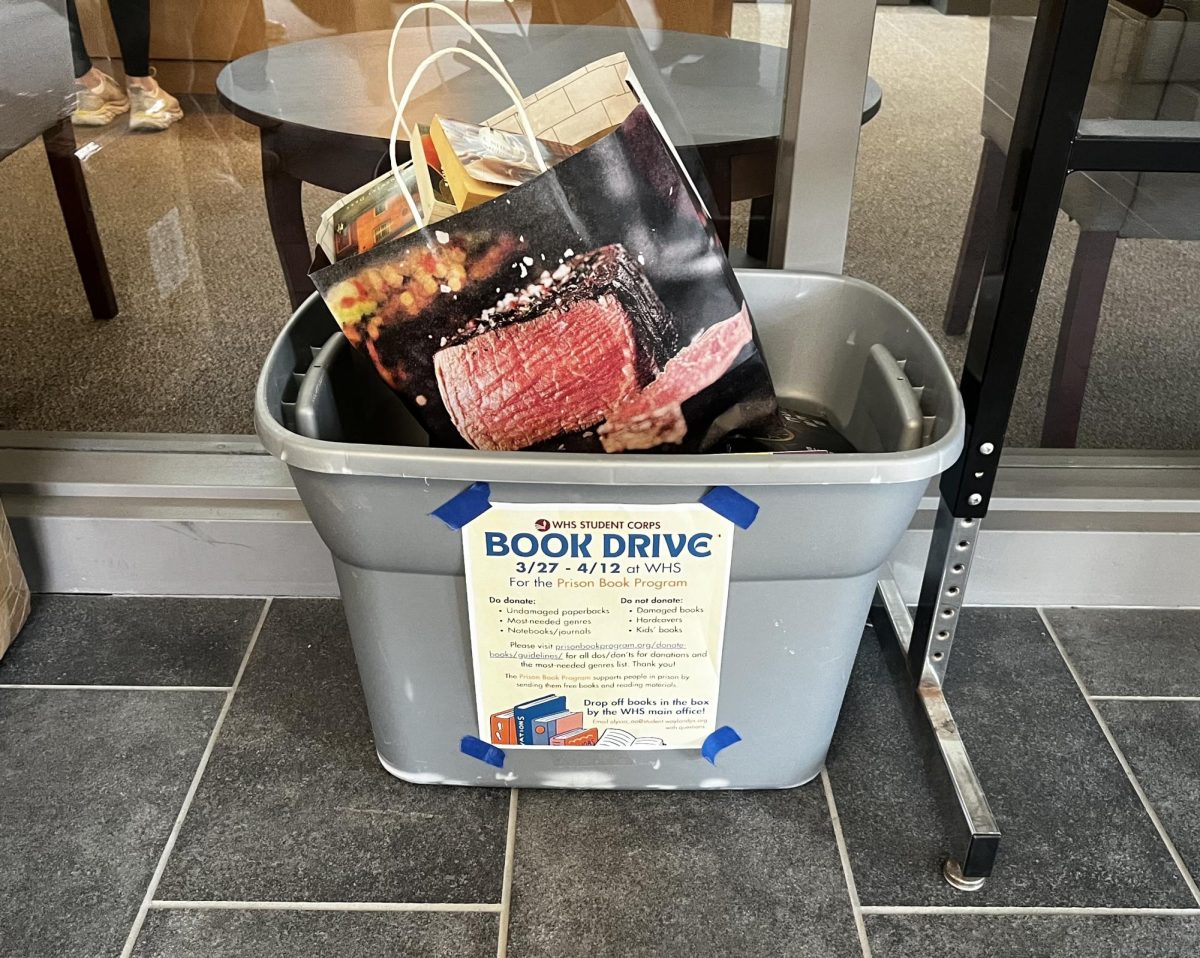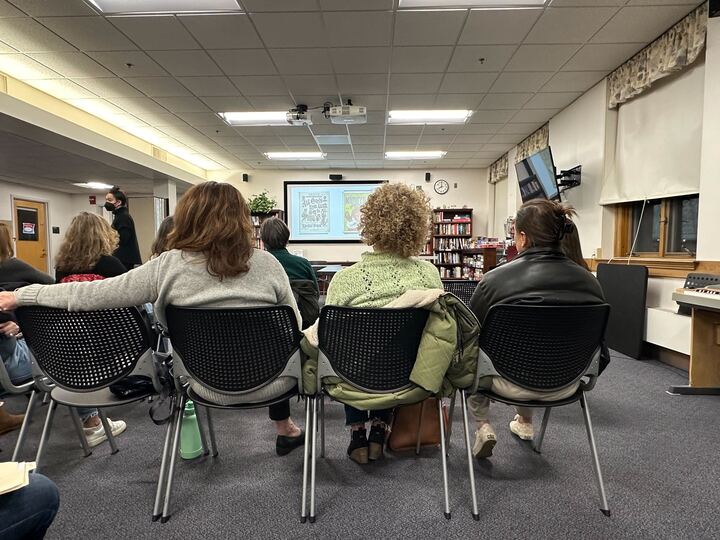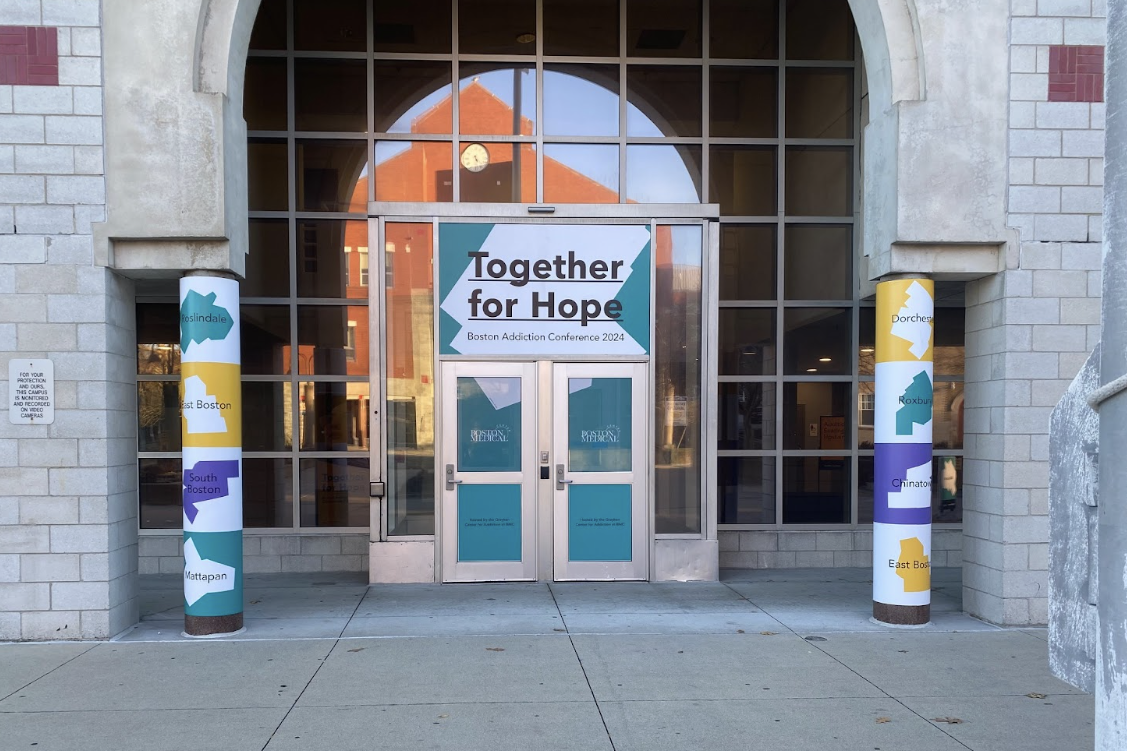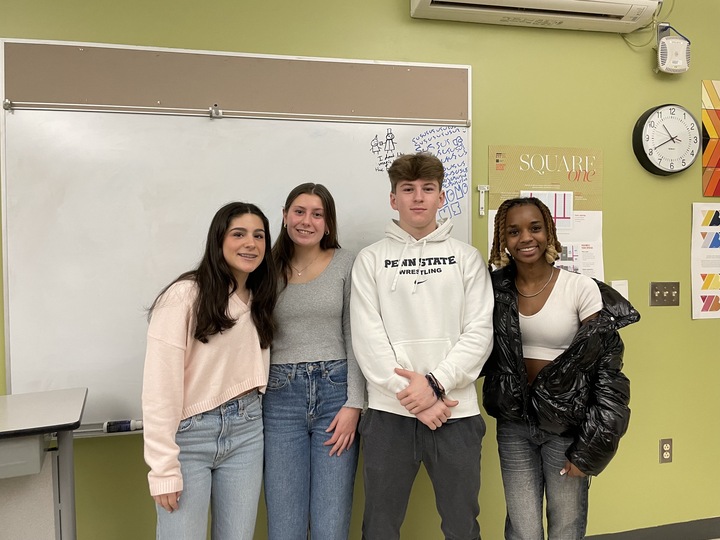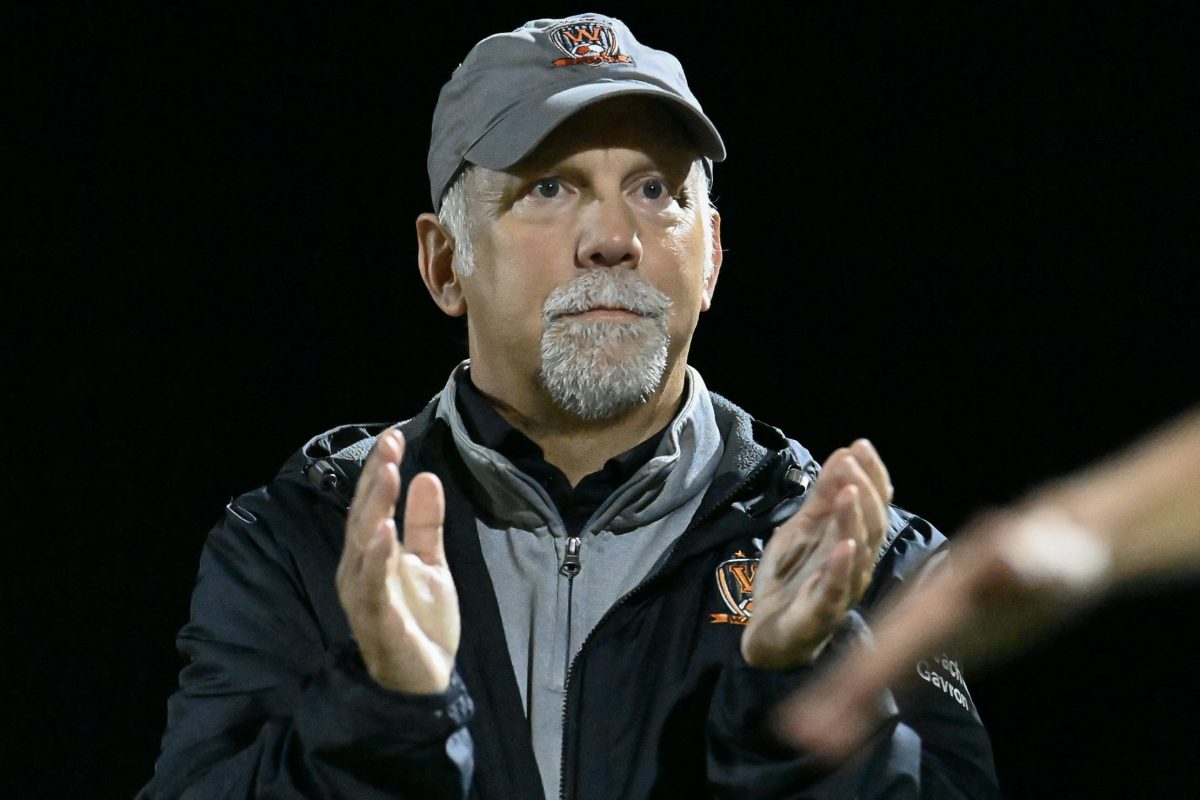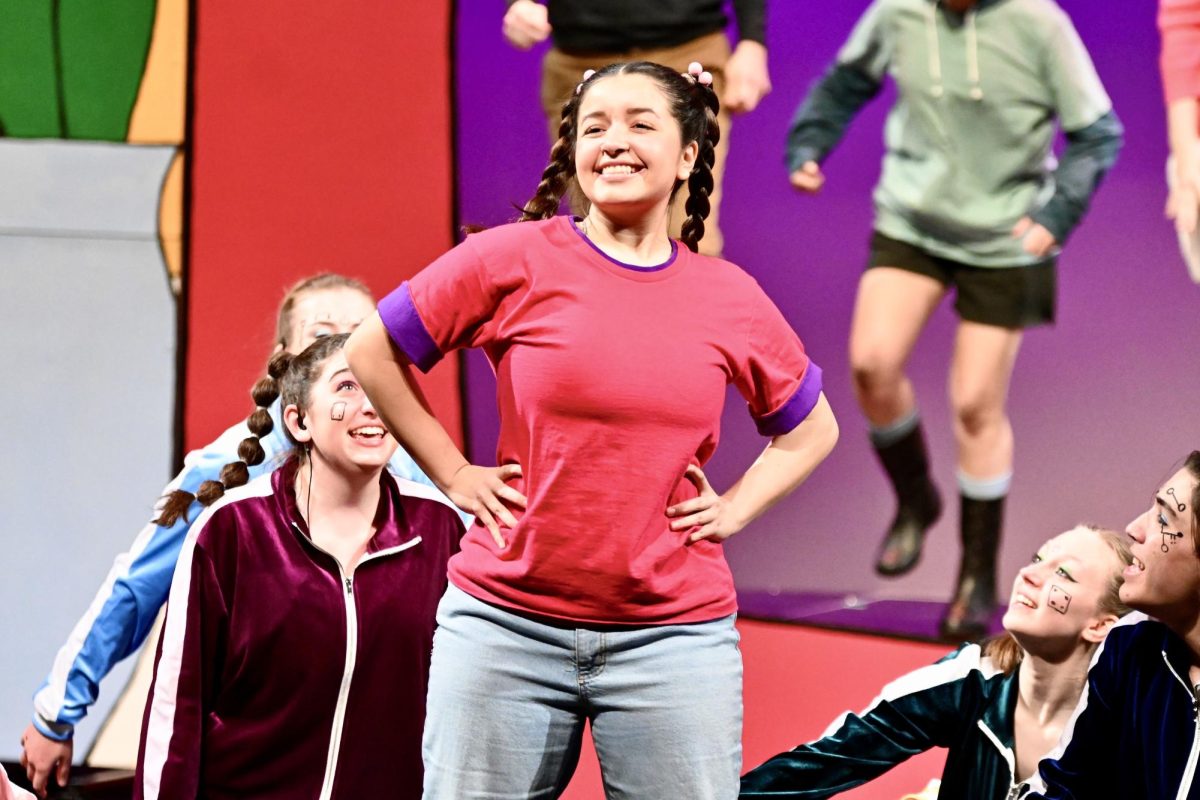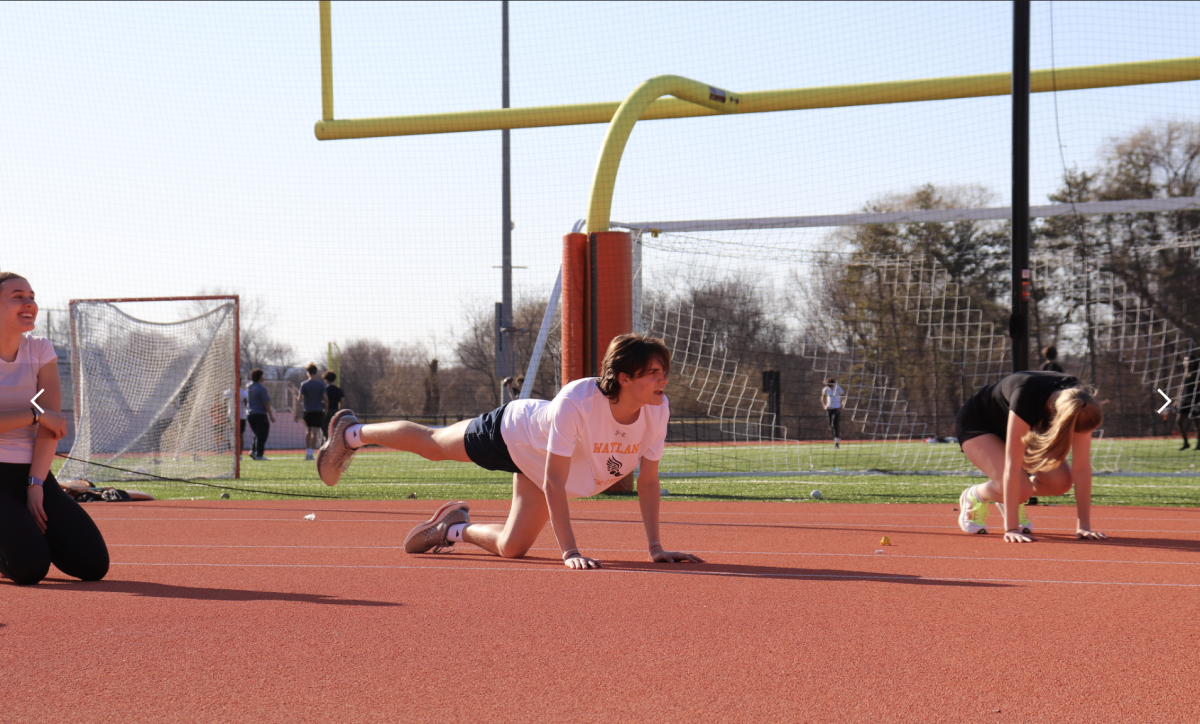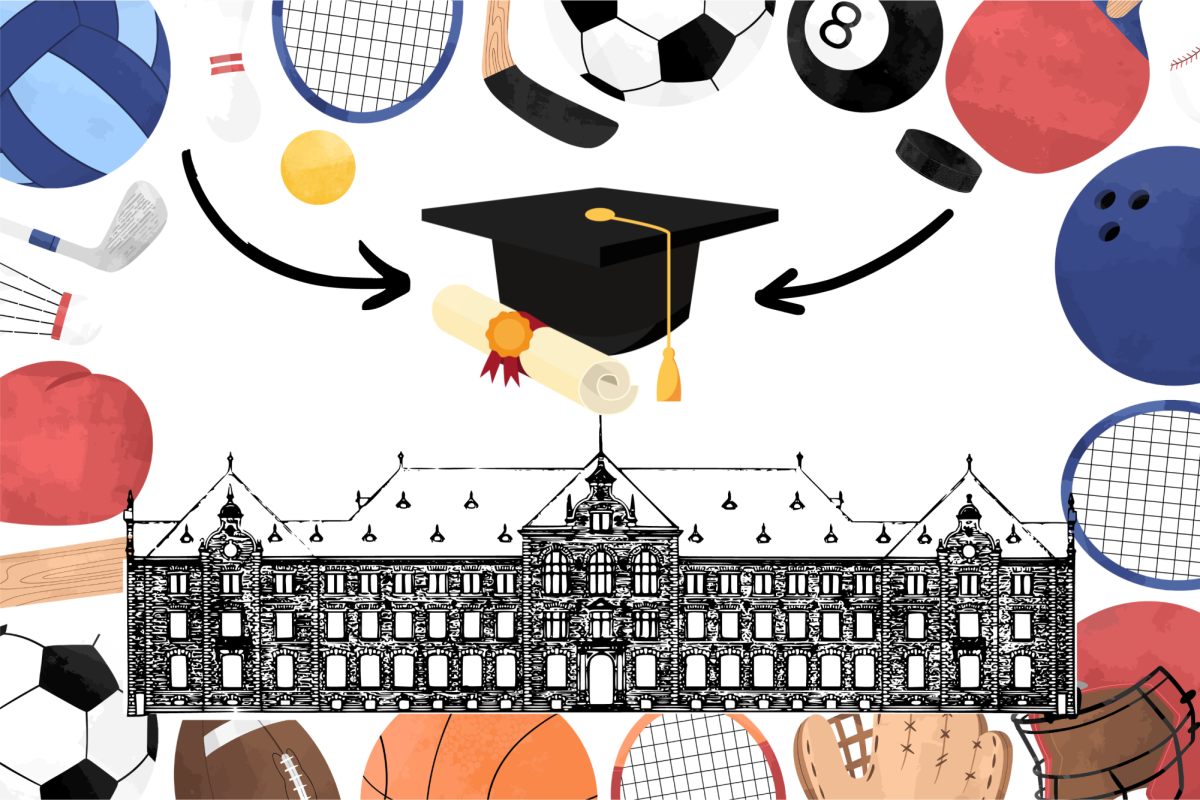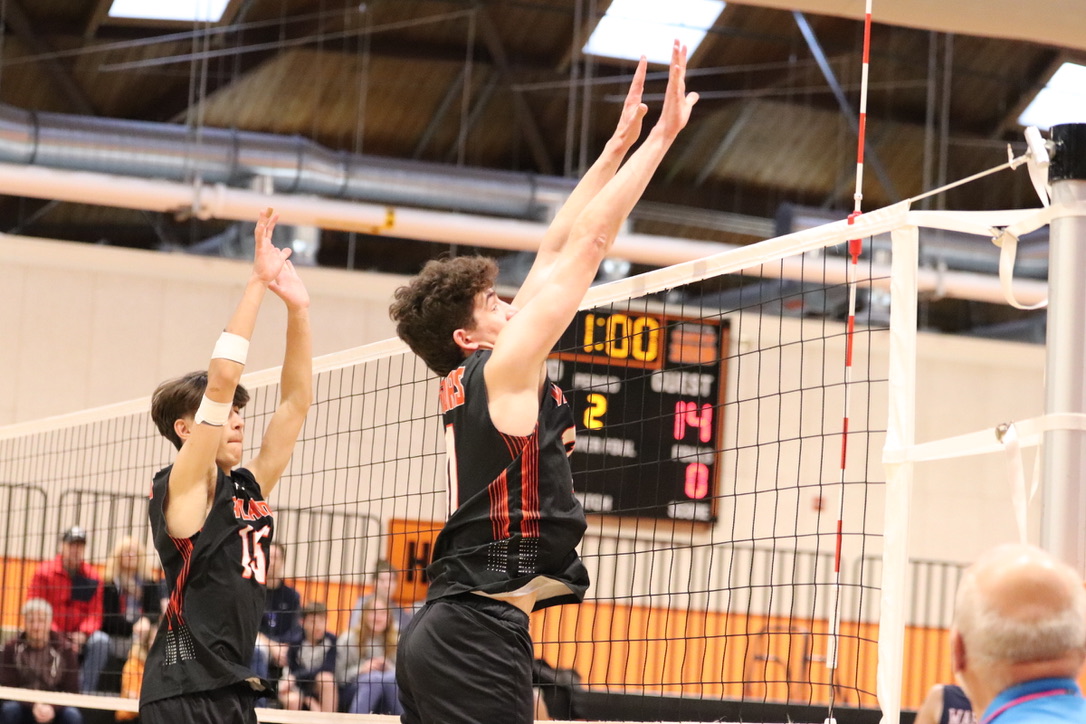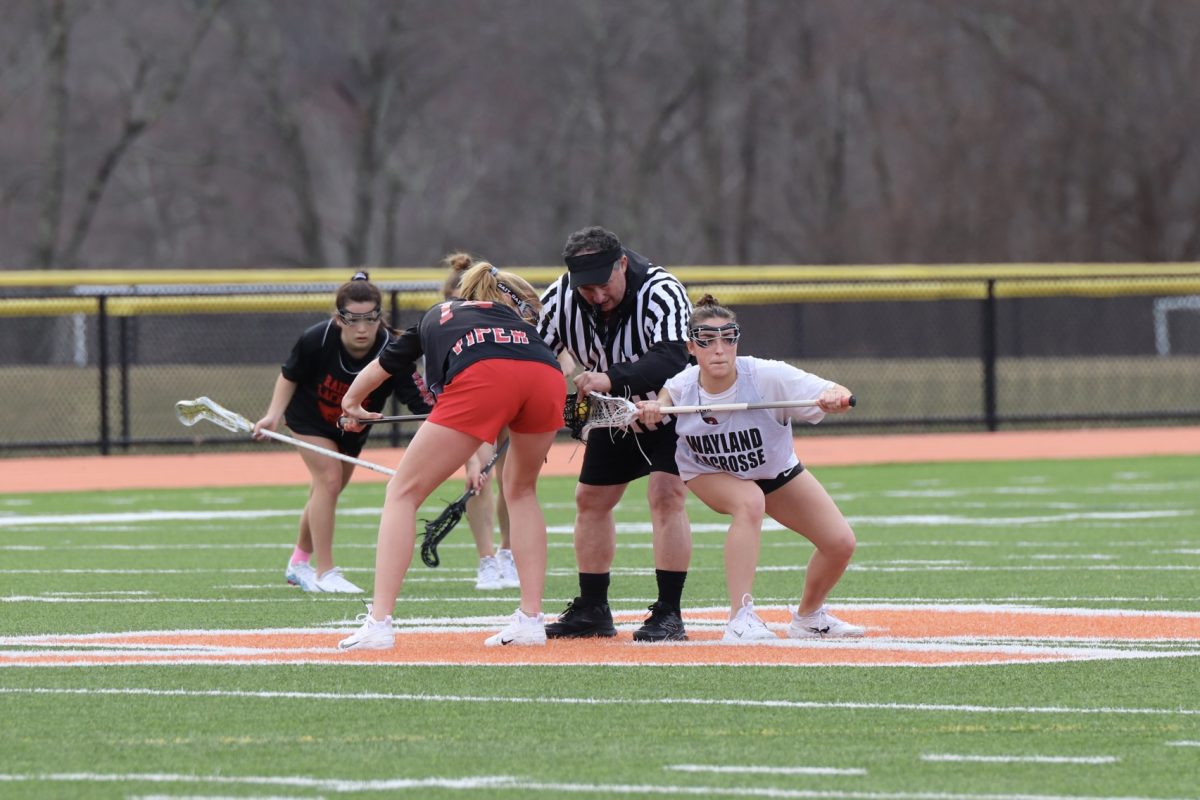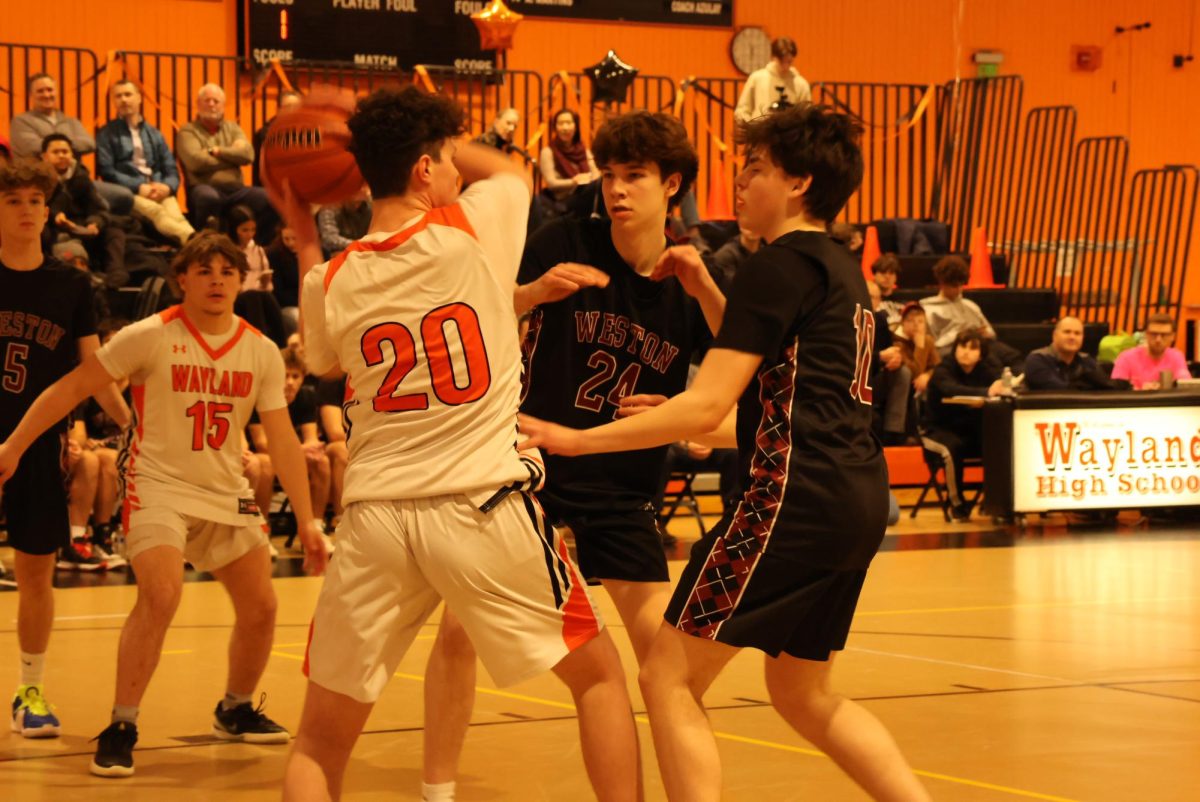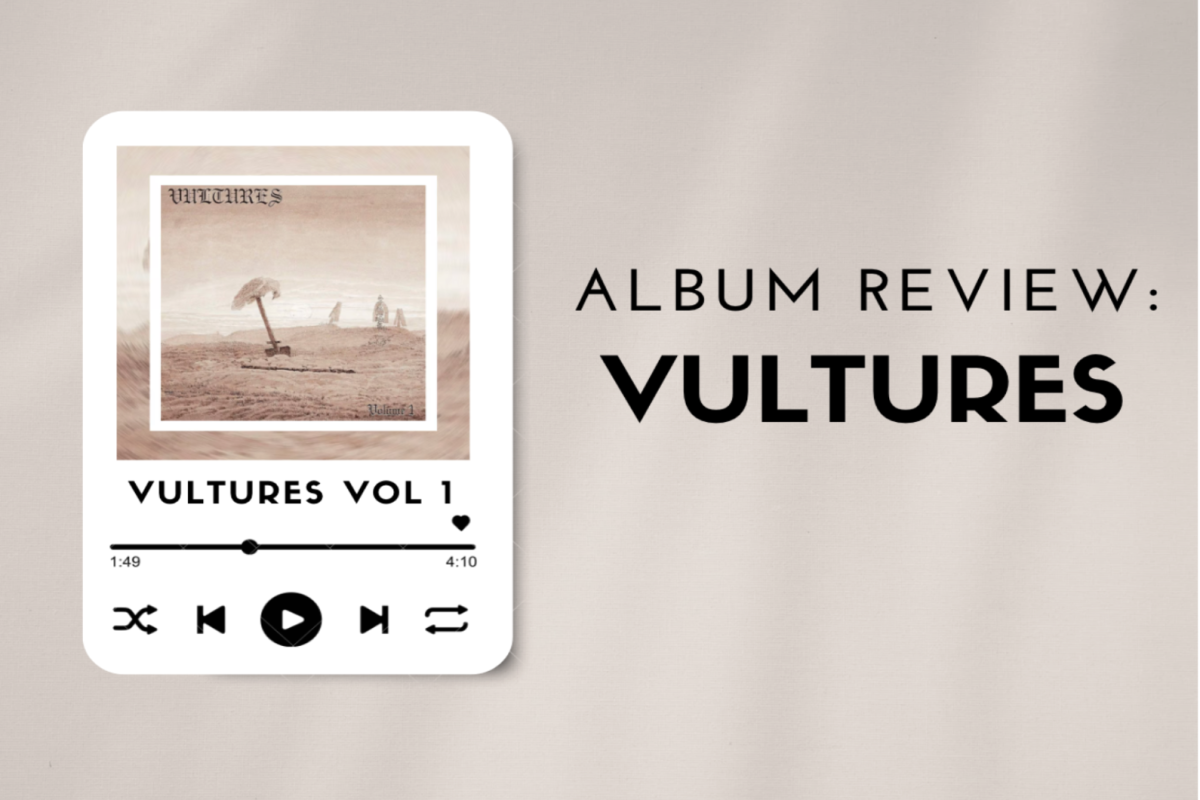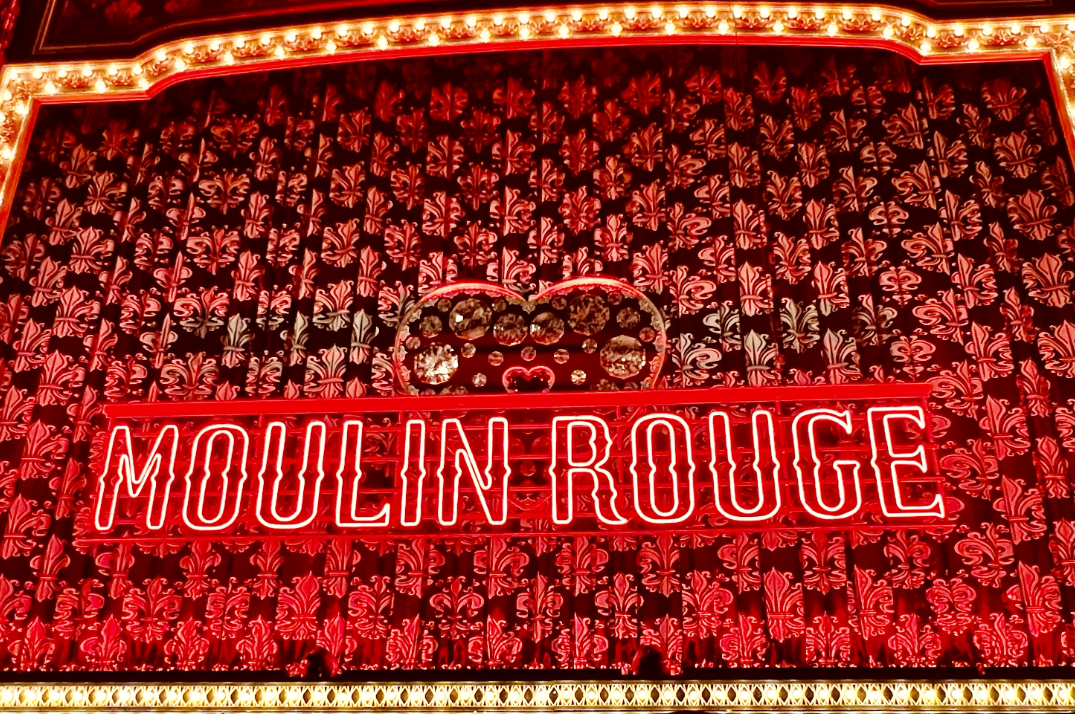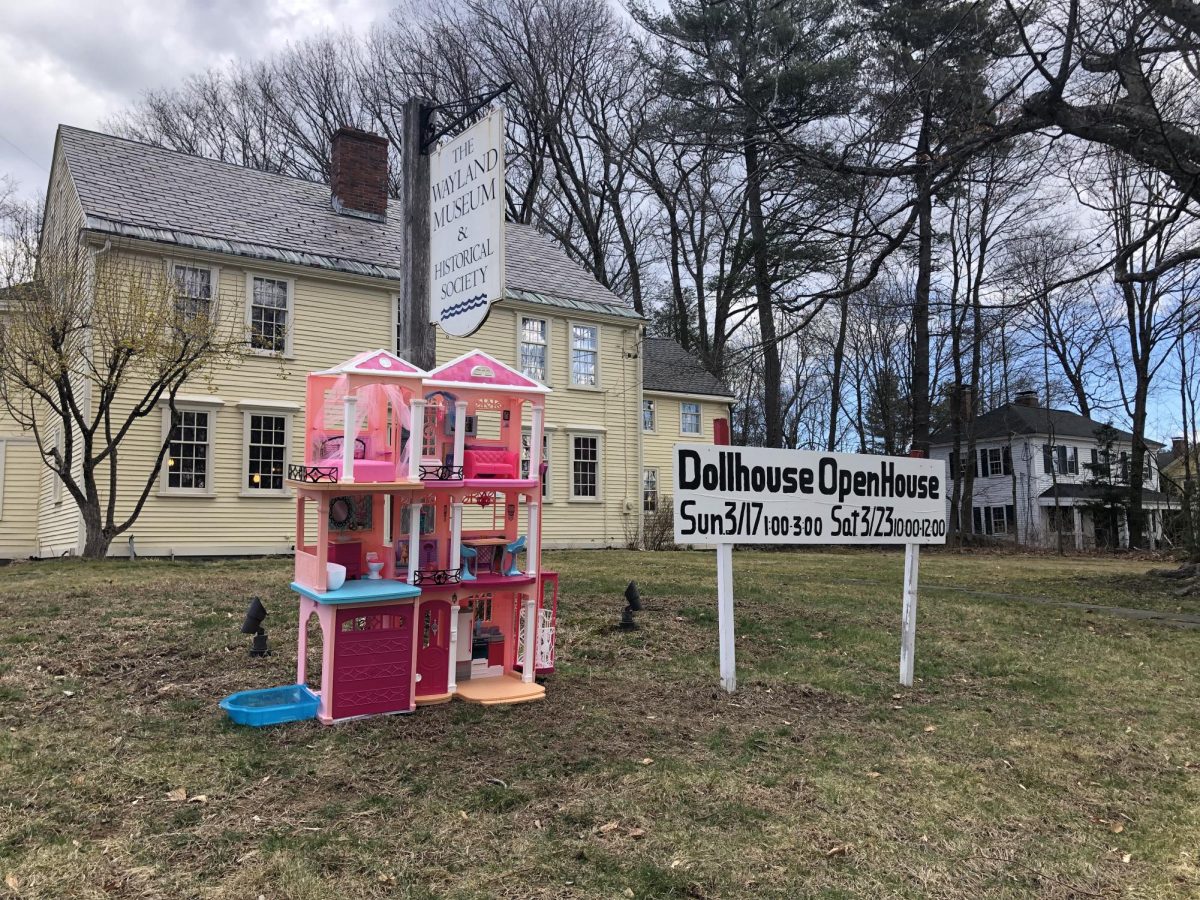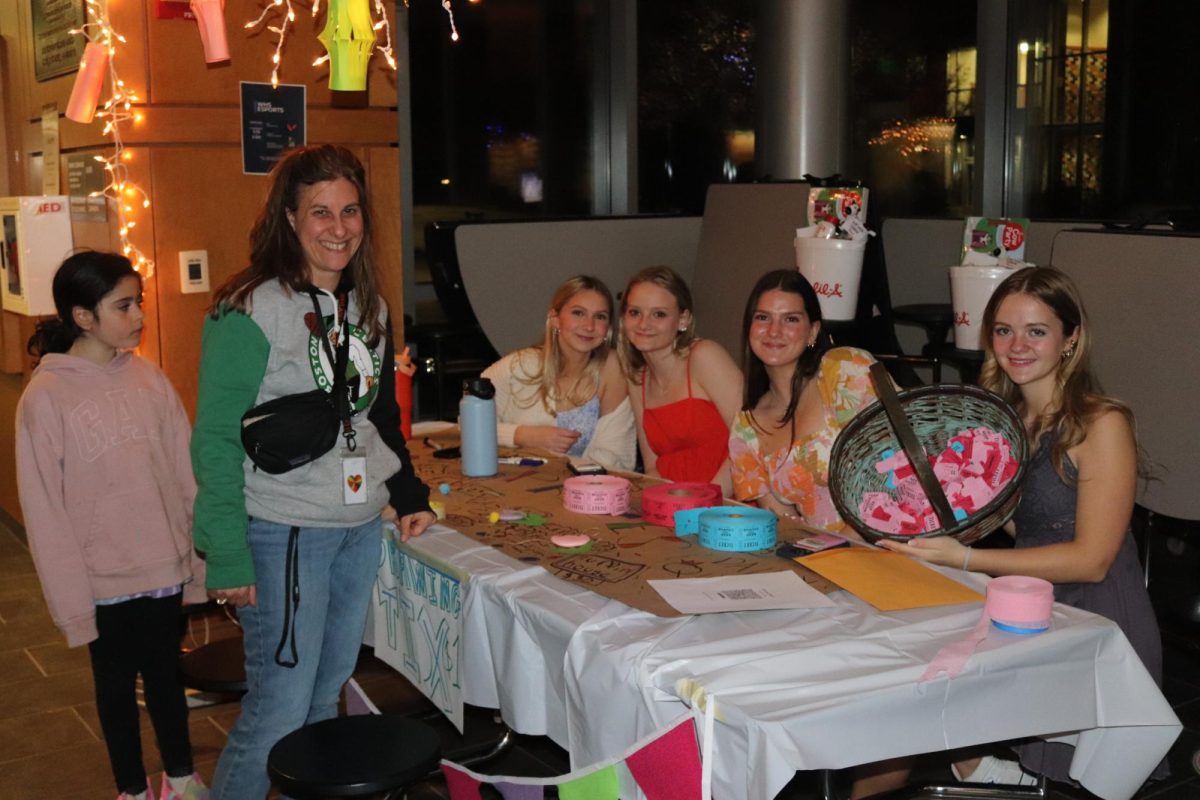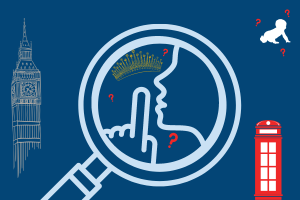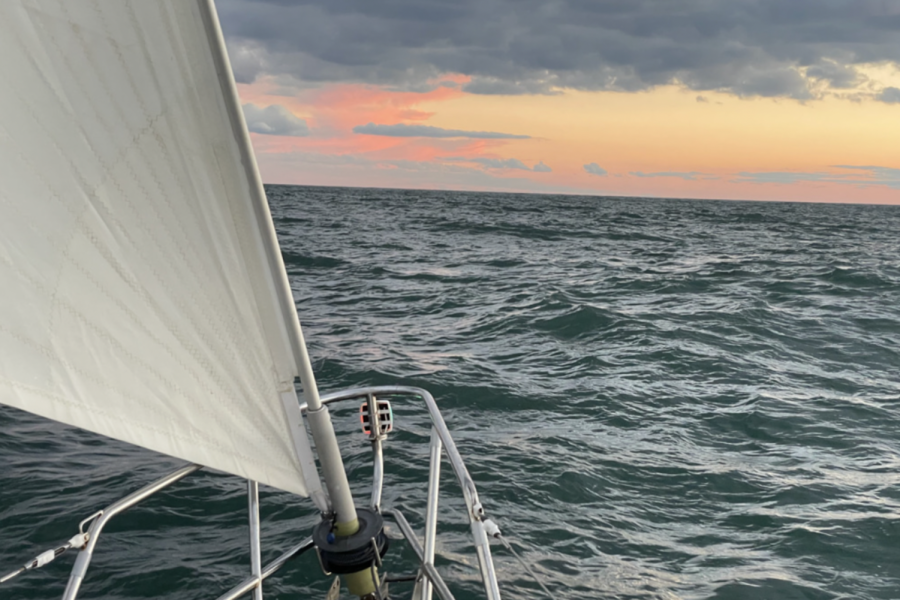
WSPN is in Washington, D.C. this week, for the annual fall Student Journalism Convention. Reporters Evan Barber, Matthew Gutschenritter, and Andrew Herstine bring you an article straight from the Smithsonian National Zoological Park in our nation’s capital.
Like every professional athlete, animals have contracts, spend time on the trading block, and eventually end up in free agency. The days when zoos went out on safaris to find their animals are over. Nowadays, animals are traded between zoos within the United States, as well as internationally.
Currently, the Smithsonian National Zoological Park in Washington, DC, has 3 pandas on loan for 10 years as part of a $10 million contract with China. The parent pandas were signed in 2000 and had a baby here in 2005. Unlike people born in the states, who automatically have American citizenship, the baby panda belongs to China and will be sent back China next year when the contract is up. However, the zoo is hoping to re-sign these pandas when the contract expires this year.
Unfortunately, due to the decreasing panda population, the Chinese panda reservation in Chengdu will likely not be as generous as they were during the Nixon presidency, when they gave two pandas to the United States as a gift after President Nixon’s wife expressed her love of pandas. At that time there were far more pandas in captivity internationally than the 185 there are now.
Although many animals have been traded, the SNZP has also acquired some animals from the wild, like the gray seal that was given to the zoo from the Navy.

“These guys are kinda special a case,” explained Jim Beard, a volunteer at the park. “They’re retired Navy seals. The Navy wild caught them off the coast of Iceland just after their mother stopped nursing them. They were training them to dive deep and turn fast in order to retrieve items. They abandoned the gray seal training program, so here they had these hand raised animals that weren’t releasable, so they came to us in late ’78 early ’79 and they’ve been with us in this pool ever since.”
Even though these seals were taken from the wild, they, like the panda bears, were unreleasable and would not have been able to survive if returned to the wild, so the only place they could go was captivity.
Other animals, like the American bald eagle at the SNZP, are gravely wounded, found by people around the country, and offered to zoos. Most times when an endangered eagle is in captivity, it is because of an injury. “The birds in captivity either can’t see, can’t fly, or can’t perch.” Beard told us.
Any person can find an eagle and try and put it in a zoo, but the American Eagle Foundation in Tennessee first has to make sure the bird is not releasable. A licensed rehabilitator must be contacted, and if they are absolutely sure that the bird will never be healthy enough to survive in the wild, the American Eagle Foundation can donate it to a zoo.
The SNZP currently has two American bald eagles at their park. One was found in Pennsylvania and has a broken wing. The other was found in Alaska and needed one of its legs amputated.
Only one species of animal at the SNZP is both completely wild and healthy: the meerkats. The Zoo’s meerkats were found in Africa by a farmer, who told zoos across the world that he didn’t want them near his property. Either someone could take them, or he would get rid of them.

The United States put the meerkats in quarantine, and then the SNZP put them in their own quarantine for 6 months to ensure that they weren’t carrying any diseases that could affect the other animals or humans.
Next time you are at a zoo or a wildlife protection center, think beyond the look of the animal. Don’t just consider how cute or creepy the animal is, but think and inquire about its history – where it came from and how it got to the zoo. Its journey may surprise you.
Like these photos? Check out more zoo portraits from the SNZP here.


